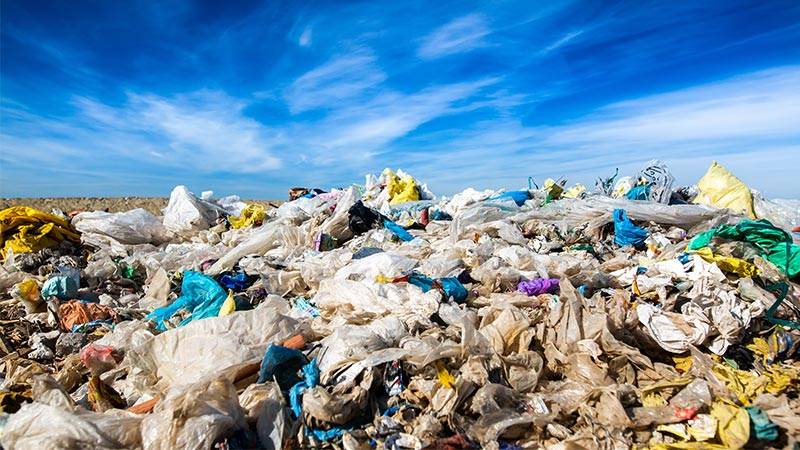In a groundbreaking development, an enzyme originally discovered in a pile of rotting leaves at the University of Osaka has been re-engineered to combat the global plastic waste crisis. This enzyme, known as LCC (leaf-branch compost cutinase), was first experimented with by researcher Sintawee Sulaiman in 2010. She observed its potential in degrading PET plastic, a common polymer used in various products.
The transformation of LCC into an efficient PET-degrading enzyme is the result of eight years of dedicated research by Prof. Alain Marty and his team at the University of Toulouse. The re-engineered enzyme, now called LCCICCG, can break down PET into its constituent monomers. These monomers are crucial for producing new plastic, offering a sustainable cycle of plastic use and reuse. Prof. Marty, currently the chief scientific officer at Carbios, describes the enzyme as molecular scissors, capable of breaking down the polymer chains into reusable components.
Carbios, a company specializing in enzyme-based recycling technologies, has set up a demonstration plant in Clermont-Ferrand, France. The facility, resembling a microbrewery, includes a large reactor and other equipment for processing PET plastic. A significant part of their operation involves recycling polyester-rich clothing, which constitutes about half of the world’s clothing fiber production. At this plant, clothing is shredded, and non-fabric elements like buttons and sequins are removed. The resulting fabric scraps, along with plastic bottle shards, are transformed into soft pellets, increasing their surface area and weakening molecular bonds.
“We are using an enzyme that you can consider a molecular scissors,” he says. “We break down the link between the pearls, liberate the pearls and in this way, after purification, we can sell these pearls again.”
The innovative aspect of Carbios’ technology is its ability to handle mixed plastics, including textiles containing cotton and dyed bottles. By 2025, Carbios plans to scale up its operations with a factory in northeast France capable of recycling 50,000 tonnes of PET waste annually, according to the BBC. This would equate to recycling 300 million T-shirts or two billion bottles each year.
Carbios’ strategy is not to become a recycler itself but to license its process to other companies, potentially enabling widespread adoption. They have already formed partnerships with major brands like Nestle, L’Oréal, and PepsiCo. The process produces chemical monomers identical to those used in traditional plastic production, necessitating minimal changes in existing manufacturing systems. Despite the higher cost of these recycled monomers compared to petrochemical-derived counterparts, Carbios anticipates a reduction in raw material costs as more feedstocks become available from currently incinerated or landfilled sources.
In the broader context, less than 10% of the world’s plastic is currently recycled, according to the OECD. Carbios is not alone in this field; other research teams are also exploring enzyme-based PET recycling, though none are as advanced in scaling up their processes. Prof. Andy Pickford from the University of Portsmouth sees Carbios as a trailblazer, potentially encouraging more investment and interest in this area.
Looking ahead, Carbios is also targeting plastics with more complex chemical structures, like nylon. However, this will require a different enzyme. For Sulaiman, who first observed LCC’s plastic-degrading abilities, the progress signifies a hopeful future where innovative technologies like these could significantly impact global environmental challenges.
More inspiring green news similar to this:


